Croatia is a small country in a middle Europe with aproximatlly 4mil people.
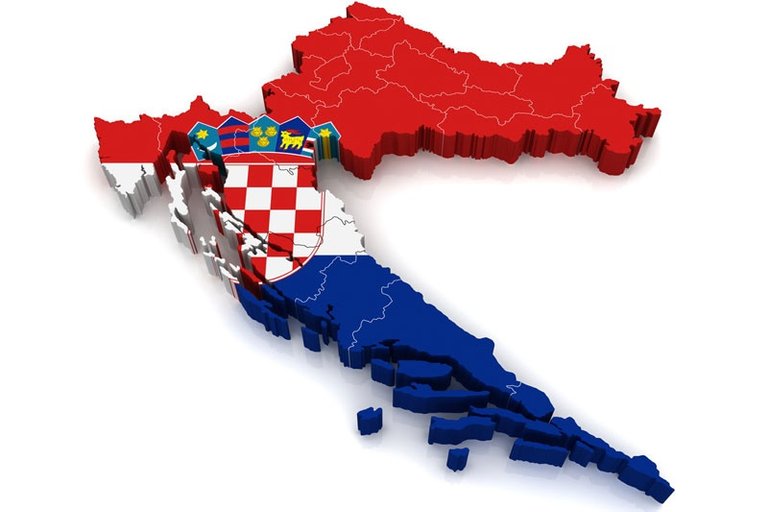
87 percent of people are Croats and catholics.
In 13 percent of others are 22 national minorities which are mentioned in our Constitution.
I'm very glad to have this number of national minorities because is wonderfull to see different cultures, languanges, religions.
These are national minorities in my country.
Serbians
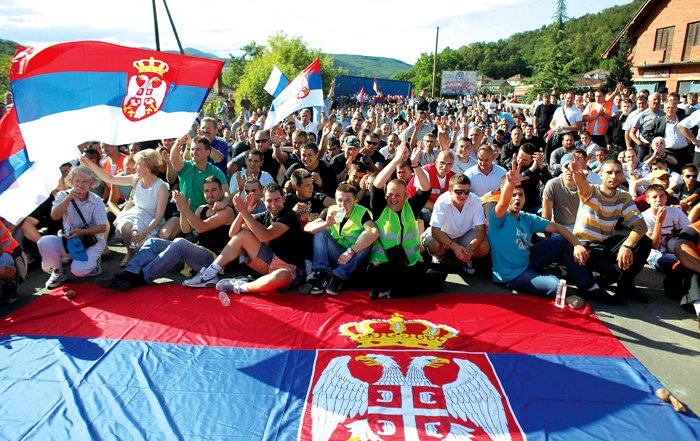
Serbs are South Slavic nation, which is the largest national and ethnic minority in the Republic of Croatia. According to the latest census of 2011, there are 186,633 and made up 4.4% of the population of Croatia. In the 2001 census, there were 201,631 and made up 4.5% of the population of Croatia. Their number was much higher in 1991, before the Homeland War, when they were 581,663 and when they accounted for more than 12.2% of the population.
Croats and Serbs were living in the same country- Yugoslavia for almost 50 years, and the relations are bad after Homeland war. The Homeland War was a defensive-liberating war for the independence and integrity of the Croatian state against the aggression of the associated Greater Serb forces - extremists in Croatia, Bosnia and Herzegovina (especially Republika Srpska), JNA and Serbia and Montenegro. The Homeland War preceded the rebellion of a part of the Serb population in Croatia. Today relations between Croats and Serbs are better, but we see bigotry every day. Serbs in Croatia have three parlament members. Hope some day relations will be good.

Bosniaks
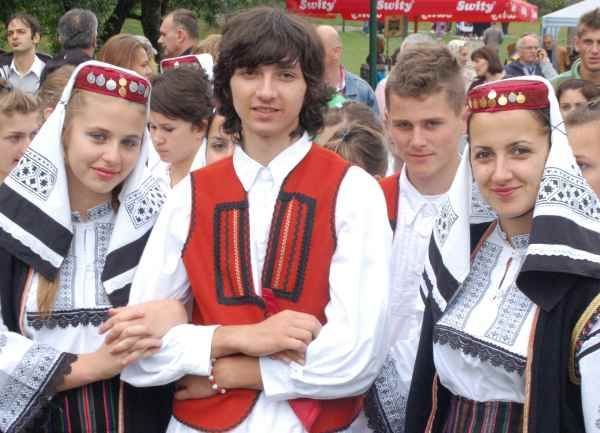
Bosniaks are one of the ethnic minorities and they were also nation in Yugoslavia. In the 2011 census, there were 31,479 Bosniaks or 0,73% of the total population, making them the third largest ethnic group in the country. In larger number they are muslims. Bosniaks are officially recognized as an autochthonous national minority, and as such, they elect a special representative to the Croatian Parliament, shared with members of four other national minorities. Bosniaks have good relations with Croats even there was also a war. Bosniaks are often lead actors in our jokes.
Albanians
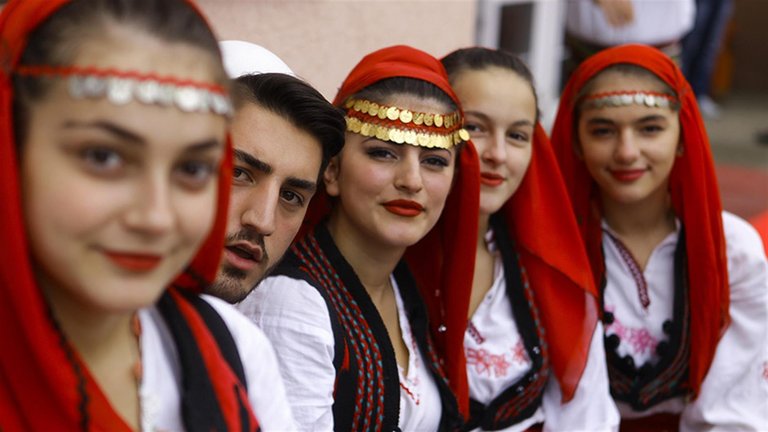
Albanians in Croatia are one of the 22 recognized national minorities in Croatia. According to the latest census of 2011, 17,513 Albanians live in Croatia, most of them in the City of Zagreb
Most of them are Muslims (9,594), but the number of Catholic Albanians (7,109) is also significant. Catholic Albanians traditionally deal with occupations such as goldsmith, filigree and baker.
Part of Albanians in Croatia were still in the 19th century, although they kept their closeness and their dialect. These are Arbanasi, who live in the same neighborhood of the city of Zadar, sometimes an independent settlement.
Roms

The largest European minority, they dont have their own state. They live in severe poverty, in overcrowded and inadequate spaces. Half of Roma households have no bathroom, no drinking water. They rarely get educated. In Croatia, according to the latest census, there are 17,000 Roma, but it is assumed that this number is twice as big. Most of them do not have a job, live in deep poverty and not go to school. There are 5400 schoolchildren enrolled in elementary school, secondary education is rare, and at the universities in Croatia only 29 Roma students are enrolled. But, Croatia is firs country that have Roma languange and culture on colleges. There are 64 Roma groups in the world, and eight live in Croatia. Autonomous Croatian Roma are Catholics according to religion. Here they settled in the 14th century, first in Dubrovnik, and later in the rest of our homeland.
There is a lot to be done to include the Roms and Croatia is implementing a National strategy for Roma. Roms have their representative in the Croatian Parliament.
Italians
.jpg)
Italians in Croatia are indigenous and one of the 22 recognized national minorities in Croatia. During the 19th and first half of the 20th century there was a significant Italian language and ethnic community in Croatia, mainly concentrated on the western coast of Istria, and in Rijeka, the Dalmatian and Kvarner towns. According to the latest census in Croatia, 17,807 Italians live, making up 0.42% of the population. Nearly three-quarters of Italians live in the Istrian County, where they make up 6.03% of the population and have the right to use the language and flag in many municipalities and cities as well as at the county level. As one of the indigenous national minorities, they also elect a minority parliamentarian.!
Russians, Russins, Ukrainians
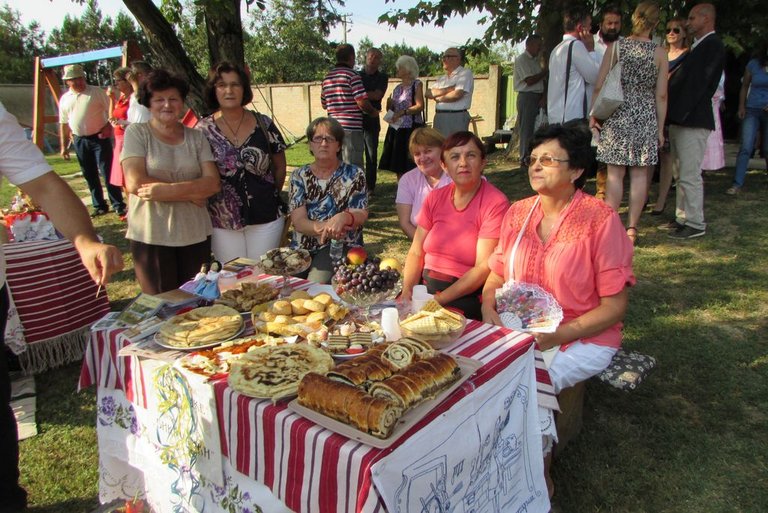
Russians in Croatia are one of the 22 recognized national minorities in Croatia. According to the latest census in Croatia there are 2,337 , of which 76.85% in East County. Ruthenians (also Ruthenians, Russians of Carpathians, Russians), are Eastern Slavic peoples without native state,more than a million people lived most in Ukraine.
The Russians in Croatia are one of the 22 recognized national minorities of Croatia. According to the latest census in Croatia, 1,279 Russians live, most of them in the City of Zagreb.

The Ukrainians in Croatia are one of the 22 recognized national minorities of Croatia. According to the latest census in Croatia, 1,977 Ukrainians live, most of them in East County. Until 1931, Ukrainians were recorded in the official Croatian documents as Russia, and then declined to the Russians by 1971. Since 1996, Ukrainians and Russians in Croatia have been divided into two distinct national minorities, but still today operate jointly through individual associations such as the Russa Union and the Ukrainian Peoples Republic of Croatia.
Austrians, Germans

The Austrians in Croatia are one of the 22 recognized national minorities of Croatia. According to the latest census in Croatia, there are 297 Austrians, most of them in the City of Zagreb.
The Germans in Croatia are one of the 22 recognized national minorities of Croatia. According to the latest census of 2011, 2,965 Germans live in Croatia, most of them in the East County.
Bulgarians, Macedonians, Montenegrians, Romanians
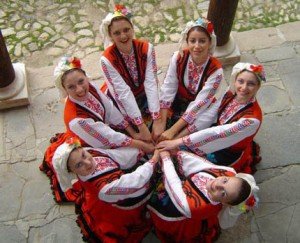
According to the census of 2001, there were 331 Bulgarians in Croatia, out of which 174 live in Zagreb. Probably that number is bigger, but we have to wait for that confirmation in the next census. From the aforementioned it can be seen that the largest number of Bulgarians live in Zagreb, while the rest are scattered all over Croatia.
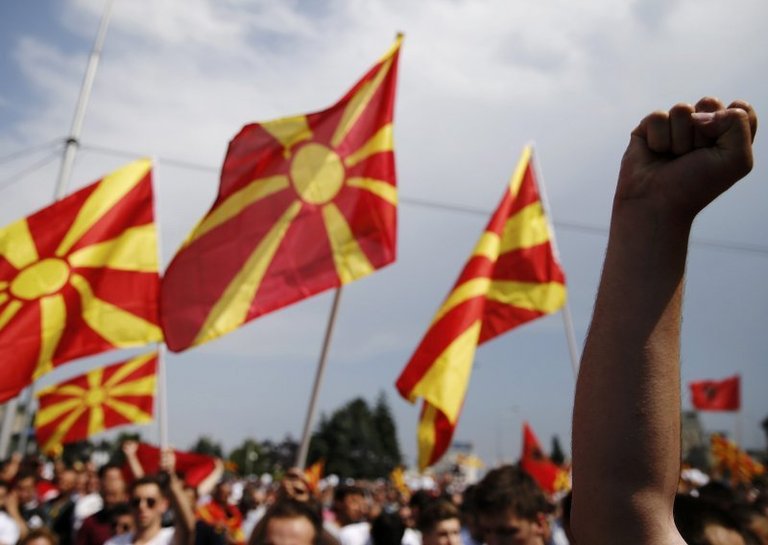
Macedonians in Croatia are one of the 22 recognized national minorities of Croatia. According to the latest census of 2011, there are 4,138 Macedonians living in Croatia, most of them in the City of Zagreb. Macedonians were also part of Yugoslavia.

Montenegrins are a national minority in Croatia. According to the 2001 census, the number of Montenegrins in Croatia is 4,926, which is 0.11% of the total population of Croatia. Most of them (26.6%) live in Zagreb and the rest mostly in the part of country were live Serbs.
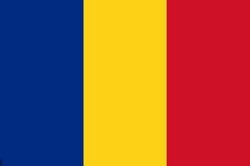
Romanians in Croatia are one of the 22 recognized national minorities of Croatia. According to the latest census in Croatia there are 475 Romanians, most of them in the East County.
Czechs, Slovaks, Slovenians, Poles
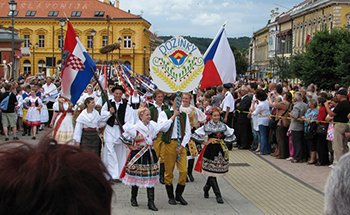
Czechs in Croatia are national minorities in the Republic of Croatia. According to the latest census of 2011, 9,641 Czechoslovakia lives in Croatia , most of which in North County, administrative and cultural center of the Czech Republic is the city of Daruvar. The municipality of Končanica is the only administrative unit in Croatia in which the Czechs are majority populations.
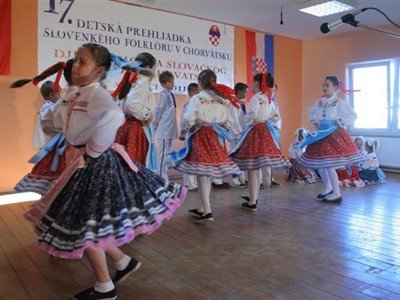
Slovaks moved to the territory of the Republic of Croatia in the 19th century, a smaller number in the 20th century. Mostly inhabited Slavonia and Baranja, but Slovakian settlements are found in other parts of Croatia, for example in Rijeka, and in many settlements lives only a few Slovak families. All of these Slovaks residing in our country are the Slovak diaspora.
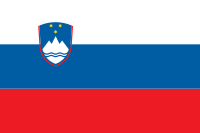
Slovenians in Croatia are one of the 22 recognized national minorities of Croatia. According to the latest census of 2011, 10,517 Slovenes live in Croatia, most of them in the City of Zagreb. Today, we have some bad relations with Slovenia because we have some unresolved issues with border.
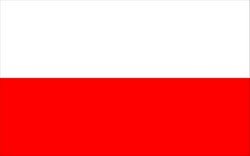
The Polish minority in Croatia is one of the 22 recognized national minorities of Croatia. According to the census of 2011, 672 Poles live in Croatia, most of them in the City of Zagreb.
Vlachs
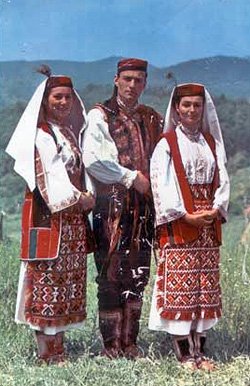
In Istria there are several Vlachs villages where the inhabitants speak Romanian, ie Romans. With the Ottoman conquest, the Vlas moved westward and in the middle of the Croatian historical territory settled in the northwest of the Ottoman Empire from the Turks settled to guard their border. Vlachs are a collective denomination for the smaller, related ethnic groups from Southeast Europe, the descendants of Roman colonists and Romanized local nationalities such as Ilira and Tračana. In Croatia live about 60 Vlach people.
Jews
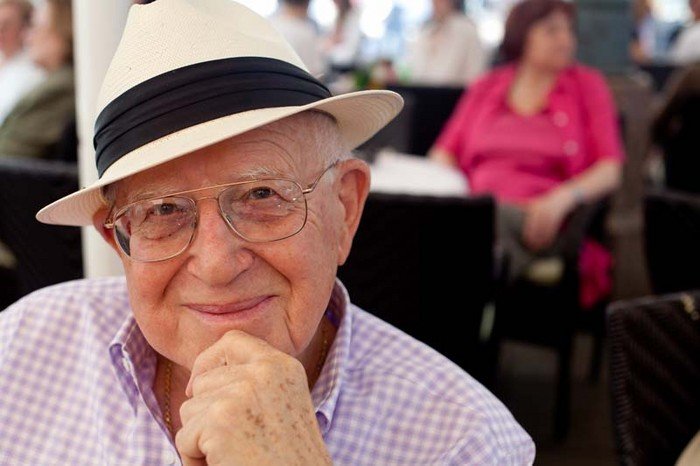
Oscar award winner Branko Lustig
The Jews in Croatia are a separate national and religious group which guarantees all religious and national rights in the Republic of Croatia. Its roots are drawn from the old and middle ages, and throughout history they have contributed to the development of the Croatian economy and citizenship as well as Croatian science and culture.
The four years of existence of the Independent State of Croatia (1941-1945), proclaimed on April 10, 1941, were marked by the serious crimes and persecutions of the Jews. Only a few days after the arrival of the German army in Zagreb, Germans, domestic Nazis and 'ustaša', Jews began to deprive property and exacerbate the status they had until then. As of April 30, Nuremberg laws were proclaimed, and Jews were removed from all public places and from the state service and had to wear a yellow mark. Of the 41 synagogues, as many as in Croatia were in 1941, 20 were destroyed. Of the 25,000 Jews in the territory of Croatia in 1941, of which 20-23 thousand were registered in Jewish municipalities, and more than 2000 were assimilated , About 21,000 were killed in the camps. Today in Croatia lives between 1500 and 2500 Jews. We own them a lot.
So, in Croatia all these minorities have rights to they own languange, education, and political act. Some minorities are discriminated as Serbs, Roms and Jews, but European Union done a lot.
We need to work more for equality, coexistence and love.
There are also beer lovers, wine lovers,coffee lovers, grappa/shnaps lovers,whiskey lovers..... Diversity😂😂
Do not forget salsa dancers:)
Steemit lovers ❤️
I love the multiculturalism shown here, Croatia looks like a lovely place to live.
It would be haven on earth if we dont have politicans and loud group of idiots 😂😂
Realy nice post thanks
Wihaaaaa....glad you like IT! :*
Nisam imao pojma da ima ovoliko priznatih nacionalnosti u Hr.
Zato hvala i samo steemaj pozz.
Odličnan post
Zahvaljujem @muhi!
My parents are from Bosnia, they lived in Croatia almost 30 years. I was born and lived in Croatia for almost 8 years. Few years after the war, we moved to Serbia.
I used to live in a very small place where there were both Croats and Serbians, people were getting along very well.
I personally had only one verbal incident when I was a child, but those two boys (brothers) were taught by their parents to hate Serbians and verbally attack them whenever they get a chance. Recently I came back from a short visit to Makarska where people were so kind and nice to me. :)
I wish more people would spread love and positive messages in real life and on Internet just like you did with this post.
Pozdrav iz Novog Sada! :)
For normal people its all about good/bad people, not Croats/Serbs. When you come to Zagreb feel free to call for some city tour and coffe! :)
I agree!
I will, thanks! :)
Nice multiculturalism ....saw Zagreb in couple of indian films and was very impressed by scenics...looking forward to visit it.
Thank you for such beautiful post @leonarda ... following you